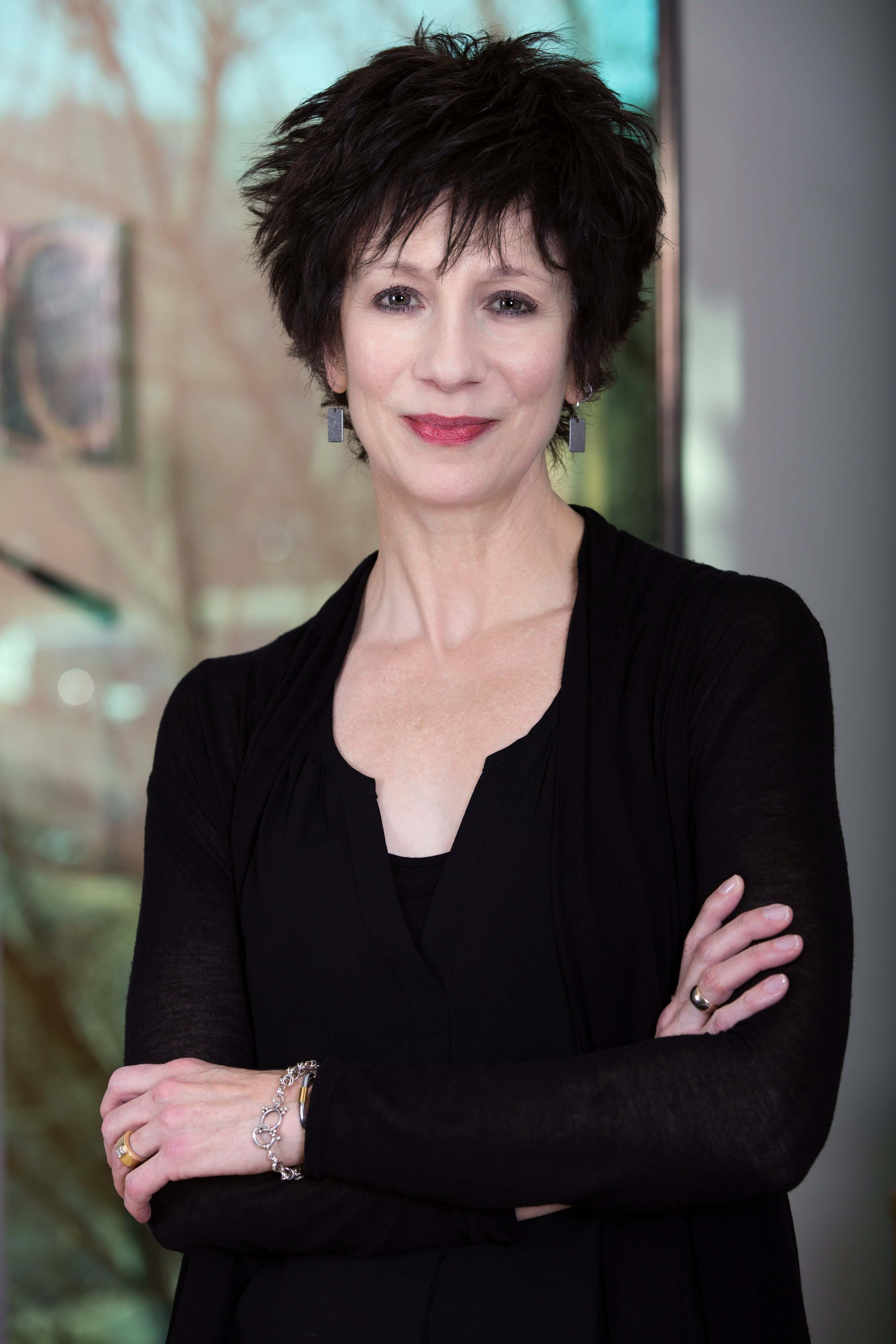Why You Can’t Get Consistent Answers to Your Nutrition Questions
Written by Cathy Leman, MA, RD, LD
 After a cancer diagnosis, many people have questions about the role nutrition can play in their cancer journey. There is so much nutrition information available online, but not all this information is reliable. Hear from registered dietitian and breast cancer survivor Cathy Leman, MA, RD, LD about why it’s so hard to find consistent answers to your nutrition questions.
After a cancer diagnosis, many people have questions about the role nutrition can play in their cancer journey. There is so much nutrition information available online, but not all this information is reliable. Hear from registered dietitian and breast cancer survivor Cathy Leman, MA, RD, LD about why it’s so hard to find consistent answers to your nutrition questions.
Last weekend I had the sincere pleasure of attending my first oncology nutrition symposium, a biennial event hosted by the Oncology Dietetic Practice Group of the Academy of Nutrition and Dietetics.
Nutrition science ruled at this event, and “voodoo nutrition” based on conjecture, personal opinion, philosophies, and miracle cures was denied a seat at the table.
Well, that’s not entirely true.
“Voodoo nutrition” shows up at EVERY dietitian event. We always discuss the latest myths and misnomers slithering through the internet and beyond, to be met unfailingly with eye-rolling, gnashing of teeth and hand gestures that scream “WTH?”
Regardless, I cannot stress the following point strongly enough.
The majority of the ~350 dietitians who organized, attended or presented at this symposium are IN THE TRENCHES with cancer patients 365 days/year. They work inpatient and outpatient, at cancer centers, hospitals and cancer support facilities, and are deeply committed to helping their patients gain health AND knowledge; knowledge based on evidence-based, peer-reviewed, gold standard research.
Not reality T.V.
During her opening session, Alice Bender, MS, RDN, Director of Nutrition Programs for the American Institute for Cancer Research (AICR) set the tone; HOW we communicate is what distinguishes the voice of dietitians from the noise and hype of sensationalized cancer nutrition messages:
- Sensible vs sensational
- Evidence vs belief
- Build behavior change vs “Do this one thing…”
- Reduce risk vs guarantee
My mission is to share nutrition and breast cancer science to help end confusion, uncertainty and frustration for the breast cancer community. I want YOU to feel good about the decisions you make for nutrition and healthy lifestyle choices.
Given that, in today’s post I offer insight and answers to five of the most common questions I get, courtesy of my takeaways from this most excellent symposium.
- Why can’t anyone agree on a consistent answer to my nutrition questions?
There is an amazing body of work produced through a global network of experts and researchers that analyzes cancer prevention and survival research linked to diet, nutrition and physical activity. This work, the Continuous Update Project known as CUP, is an up to date database with all relevant papers from randomized controlled trials and cohort studies for 17 different cancers and breast cancer survivors. CUP serves as a trusted, authoritative scientific resource to help develop evidence-based guidelines and policy (1).
Unfortunately, not every cancer center is familiar with CUP and its guidelines, and although organizations like the American Institute for Cancer Research (AICR) – a member of this respected network – work tirelessly to educate and inform on this reliable source, their messaging doesn’t reach everyone; clinicians can’t promote guidelines they don’t know about.
I don’t know why that is.
If I were leading a cancer center, I’d be certain my clinicians had access to, were trained in, and promoted up-to-the-minute lifestyle guidelines and information, but until I’m in charge of all the cancer centers on the planet, it’s just not like that.
Another consideration is that non-dietitian clinicians lack training in and a knowledge base of nutrition. If you receive nutritional guidance from someone in that category (see next bullet), you won’t get consistency, nor perhaps even accuracy.
- Why is it so difficult (or impossible) to get a referral to a dietitian?
Simple. There aren’t enough cancer center RD’s to meet demand. A survey of National Cancer Institute (NCI) Comprehensive Cancer Centers found an average registered dietitian-to-patient ratio of 1 RD to 2,674 patients.
The Oncology Nutrition Dietetic Practice Group boasts 2,349 members (366 are students). There are 791 board certified specialists in oncology nutrition (CSO). You don’t have to be a math whiz to see that we need more RD’s to meet oncology patient demands. (2)
Another reason for this abysmal ratio? $ MONEY $
The greatest barrier to adequate oncology RD staffing involves lack of reimbursement.
Many RD’s spoke to the challenge of getting funding for a full-time (even part-time) position at their center, even while juggling a mind-boggling patient load and often, multiple centers. One attendee told me she works two days/week for a total of 8 hours.
WTH?
How many of you aren’t getting the guidance you WANT, NEED and DESERVE due to limited RD access? This lack of access isn’t because dietitians are shirking the workload. On the contrary, many of the attendees I spoke with want that full-time position. But convincing the folks in charge of budgets to allocate dollars to cover their (appallingly low) salaries, while at the same time proving to these same folks that RD’s actually add VALUE is an alarming theme I heard repeatedly.
According to a recent paper identifying and addressing gaps in oncology nutrition care, “hospitals and other institutions don’t invest in a service unless they can see a tangible return on investment”.
This. Is. Shameful.
In an effort to shift these stats, an amazing group of dedicated RD’s have been working diligently to develop the Oncology Nutrition Dietetic Practice Group Core Concepts for Improved Access to Oncology Nutrition Care, outlined in the paper I referenced above, and found in the resources listed below. (3)
- What are the best nutrients I should eat to reduce risk of recurrence?
Because we eat FOOD, not nutrients, nutrition recommendations are food-based. Whole foods deliver the nutrients your body needs, along with other health promoting compounds like antioxidants and phytochemicals. That’s not to say we won’t someday have evidence of specific nutrients reducing the risk of, or even preventing breast cancer, we’re just not there yet. Eat a VARIETY of foods (especially fruits and veggies) every day to increase the likelihood of getting all the nutrients you need. (4)
- Should I take high levels of antioxidant supplements during my radiation (or other) treatment?
Recommendations are to avoid high levels of antioxidants in supplement form. However, especially for people who don’t drink or smoke, high intake through DIET (there’s that food again!) is found to help protect cells from damage caused by free radicals. (5) Some of the antioxidants found in food are vitamins C and E, and carotenoids that include beta-carotene, lycopene and lutein. (6)
Here are some (but not all) of the best foods to load up on:- Citrus fruits
- Bell peppers
- Brussels sprouts
- Berries
- Cherries
- Dried beans
- Prunes
- Apples
- Pecans
- Spinach
- Sweet and white potatoes
- Broccoli
- Wheat germ
- Do I have to eat a completely vegan diet to follow a plant-based eating plan?
No. In terms of benefit, there is small to no difference between a completely vs mostlyplant-based diet. (5) But we do know that evidence in support of eating a plant-based diet to help reduce risk of recurrence is strong, so I encourage you to work toward putting more plants on your plate at every meal and snack. (7)
If you’re thinking about adopting a plant-based diet but aren’t sure how you’ll get enough protein, or are unfamiliar with the different types of plant-based diets, read my “Protein Primer” blog post for help getting started.
Sources:
- Continuous Update Project
- Commission on Dietetic Registration
- Closing the Gap in Nutrition Care at Outpatient Cancer Centers: Ongoing Initiatives of the Oncology Nutrition Dietetic Practice Group
- AICR Research Updates: The Urgency of Cancer Prevention Evidence to Action. 4th Biennial Oncology Nutrition DPG Symposium, April 13, 2018. Presentation: Alice Bender, MS, RD, AICR Director of Nutrition Programs.
- Antioxidants, Fasting and More: A Discussion of Hot Topics in Oncology Nutrition. 4th Biennial Oncology Nutrition DPG Symposium, April 15, 2018. Presentation: Suzanne Dixon, MPH, MS, RD, Senior Medical Writer, Mesothelioma Center.
- Antioxidants – Protecting Healthy Cells
- Start on A Cancer-Protective Diet: Join the New American Plate Challenge
About the Author
Cathy Leman, MA, RD, LD
Cathy Leman has over 20 years of experience as a registered dietitian and nutrition therapist, certified personal trainer, speaker, writer, and most recently a breast cancer risk reduction strategist, educator, and inspirationist. Cathy is a “second-career” dietitian, trading ten years in the trenches of corporate America for a nutrition degree, RD credentials, and a dream of working in preventive and wellness nutrition. Her belief in the synergy of nutrition, fitness and psychology to support optimal health led her to become certified as a personal trainer and earn her master’s degree in health psychology. A five-time finisher of The Steamboat Classic “Illinois’ Toughest 15K”, Cathy has completed a duathlon, five half-marathons, and too many 5K-10K races to count. Fueling an active lifestyle requires nourishing and delicious food, and fortunately Cathy is an avid home-cook specializing in vegan and plant-based cooking and recipe creation. Through her own breast cancer experience, Cathy witnessed the positive impact healthy lifestyle behaviors have on treatment and recovery. Vowing to use her professional expertise to inspire women everywhere to adopt a pro-active approach to breast health, she founded “DAM. MAD. About Breast Cancer™.” BITE BACK | MOVE BACK | STRIKE BACK, a global initiative combining evidence-based nutrition, fitness, and lifestyle education and information with a healthy dose of inspiration to serve the breast cancer community, especially at the critical time of diagnosis. Cathy graduated from the University of Illinois at Chicago (UIC) with a bachelor’s degree in human nutrition and dietetics, completed her dietetic internship through the UIC coordinated undergraduate program, holds a master’s degree in health psychology from National Louis University, and is certified as a personal trainer through the National Strength and Conditioning Association. She has completed extensive training in the implementation of nutritional treatment approaches to eating disorders and the principles of “Intuitive Eating.” Cathy is a member of the Academy of Nutrition and Dietetics, Oncology Nutrition; a dietetic practice group (DPG) of the Academy of Nutrition and Dietetics, a past board member of Nutrition Entrepreneurs; a dietetic practice group (DPG) of the Academy of Nutrition and Dietetics, and has served in a variety of volunteer positions at the local and state level of the Academy of Nutrition and Dietetics.
Above reposted with permission from Cathy Leman, MA, RD, LD, founder of “DAM. MAD. About Breast Cancer.™"